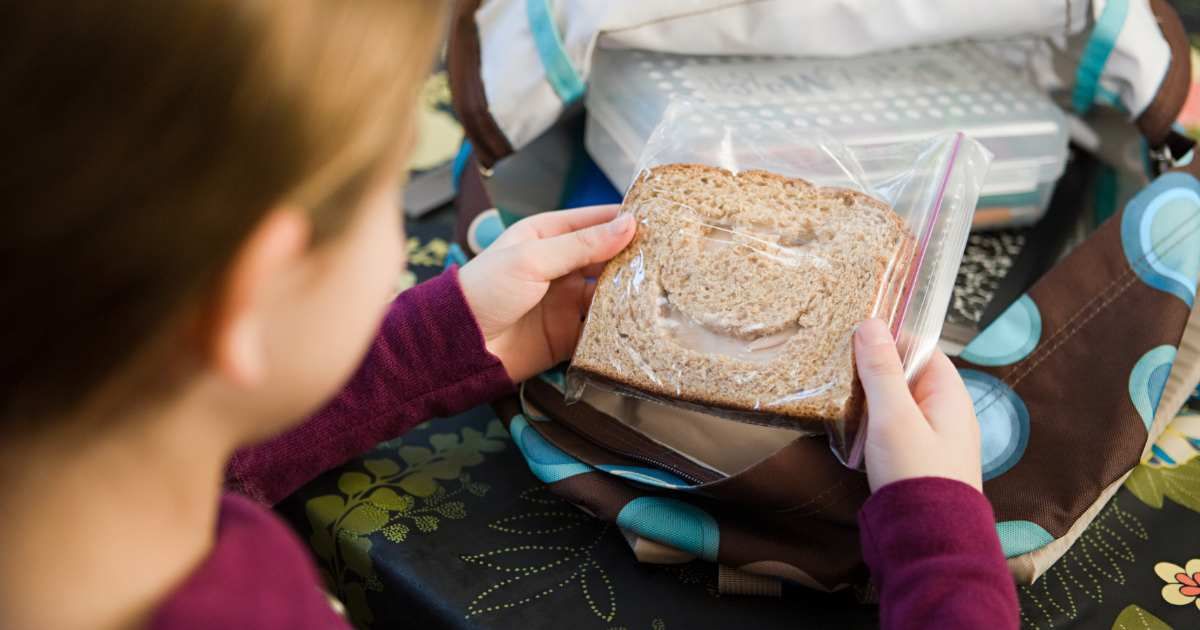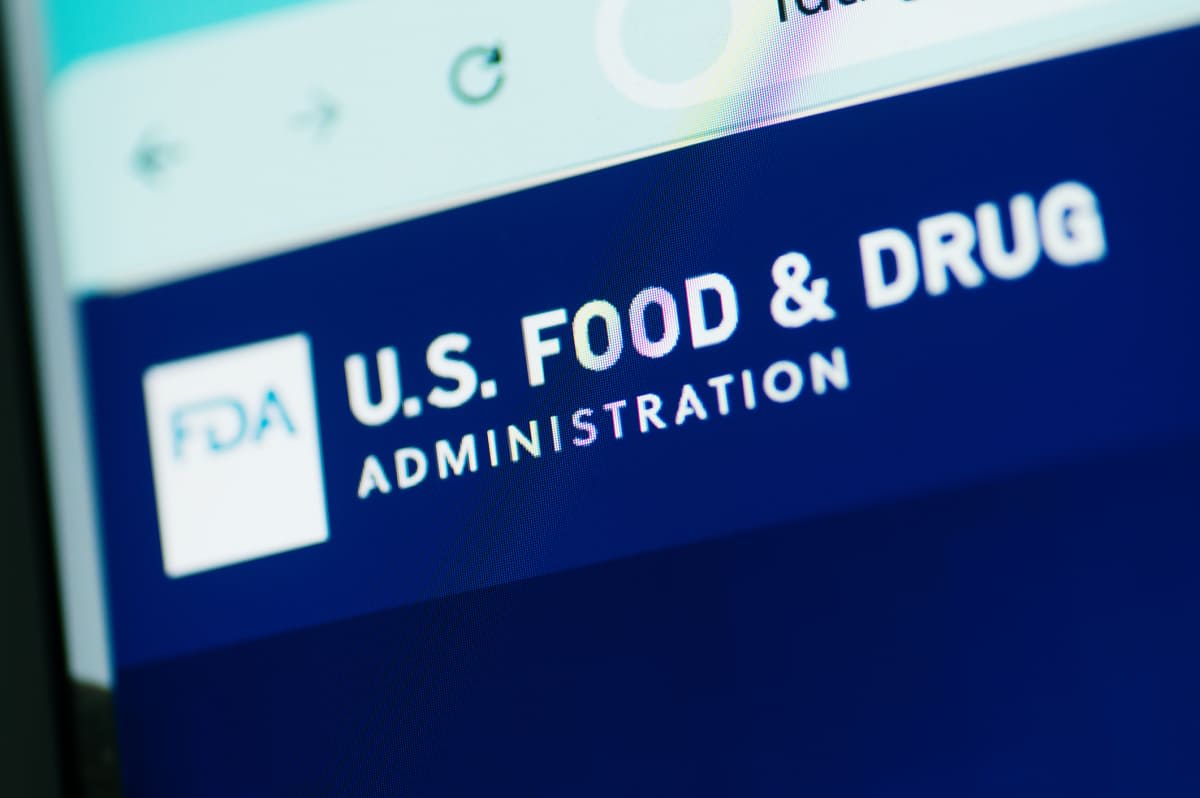Experts Tested Sandwich Bags That Most Americans Use — and 81% of Them Had ‘Forever Chemicals’

Components of plastic are everywhere - from the water you drink to the air you breathe. Especially, the ones known as PFAs, found in your pasta pan, some clothing material, lipsticks, and nail art, are dubbed “forever chemicals.” Ever since they emerged into this world, they haven’t stopped. They are slowly, subtly killing everything into a silent death, poisoning it little by little until it is fully invaded. And once invaded, these chemicals cannot be battled with. They are next to indestructible. Experts at the Mamavation blog tested 11 plastic sandwich baggies and discovered that most of them were laced with PFAS.

Mamavation (@mamavation) is a blog founded by Leah Segedie to share content related to “empowering women through eco-wellness.” During this experiment, she and her team purchased eleven plastic sandwich baggies between December 2022 and February 2024. They recorded the details of each product in their database and dispatched them to a laboratory for testing. The tests were conducted in collaboration with an Environmental Protection Agency (EPA)-certified lab, commissioned by Mamavation.
View this post on Instagram
“We found traces of organic fluorine in 81% of what we sent to the lab, including the ‘cleaner’ alternatives,” Mamavation wrote on Instagram. The first culprit, the scientists noted, was the outdated food safety measures set up by the FDA. Unless these measures were there, companies wouldn’t be able to make products that contain these “forever chemicals.”
Is the FDA to blame?

Not just scientists behind this research, but several independent scientists have raised criticisms against the FDA, mentioning that the food safety agency is failing to protect the public from concerning levels of PFAS. Pointing a finger at the FDA, Maricel Maffini, a researcher with the Environmental Defense Fund who tracks PFAS in food, said “US Food and Drug Administration rules allow much higher levels of some individual PFAS compounds in plastic than what the testing found, but the FDA is working off ‘outdated science’ and the baggies present a health threat,” per The Guardian. “The more we look into PFAS, the more we know there is not a safe level, and the [FDA’s limits] don’t correspond with the science and knowledge we have of these chemicals,” she added.
What are PFAS?
PFAS are organic molecules comprising bonds made with hydrogen and carbon atoms. To make PFAS molecules, the hydrogen atoms are replaced with fluorine. Once these fluorine and carbon atoms form chains, it is next to impossible to break these bonds. And even if it were possible, it would take enormous amounts of energy to process this bond-breaking experiment. This implies that PFAS are basically indestructible. Once they form, they cannot be wiped away from the planet, per CHEM Trust.
PFAS are chemicals that are used in many products and may be linked to harmful health outcomes. PFAS can be found all around the world -in people, animals, food, and the environment.https://t.co/SSJgaxHSD3
— U.S. EPA (@EPA) January 24, 2024
Today, nearly every American has them in their bloodstream. The CDC has claimed that PFAS is now a public health concern. Coupled with their unbreakable bonds, the chemistry of PFAS makes them resistant to water, air, and heat, which means they are criminals set free from prison. The tests conducted in Mamavation’s experiment showed PFAS levels between 9 parts per million (ppm) and 34 ppm, whereas the FDA allows up to 2,000 ppm for seven types of PFAS in food items that are in contact with plastic.
Other products tested positive for PFAS
View this post on Instagram
In addition to plastic-wrapped sandwiches, Mamavation conducted experiments on tons of household and consumer products, which showed positive results. Here’s the list: Baby strollers, kids’ backpacks, children’s probiotics, cupcake liners, parchment papers, sports bras, yoga pants, ketchup, cooking oils, nutbutters, pasta sauces, butter wrappers, powdered electrolytes, sanitary pads, tampons, period underwears, toilet papers, dental floss, condoms and lubricants, deodorants, lip balms, makeup products and contact lenses.
More on Green Matters
Your Favorite Sparkling Water Brands May Contain ‘Forever Chemicals’ — And There's More Bad News
People Vow to Never Eat Pre-Packaged Sandwiches After Seeing Video of How They’re Made
Many Americans Are Consuming ‘Yoga Mat Chemical’ in Their Breads — And the FDA Has Plans to Stop It